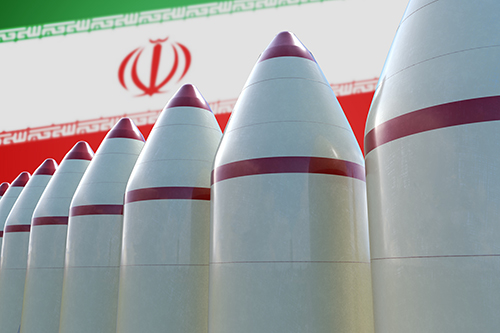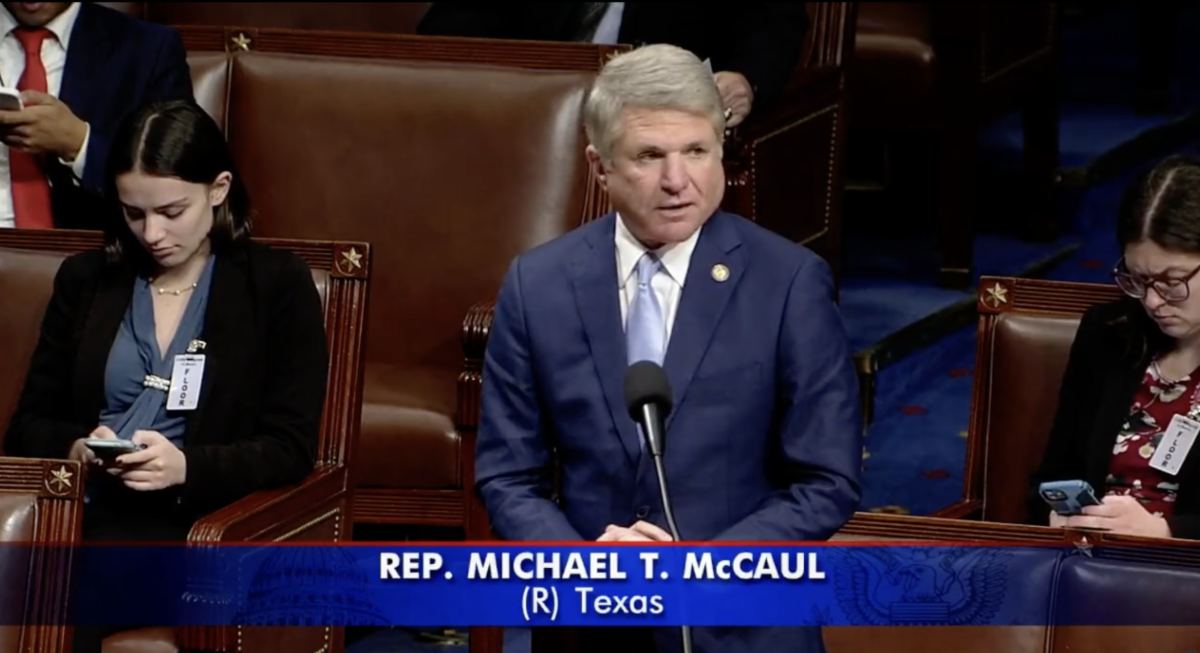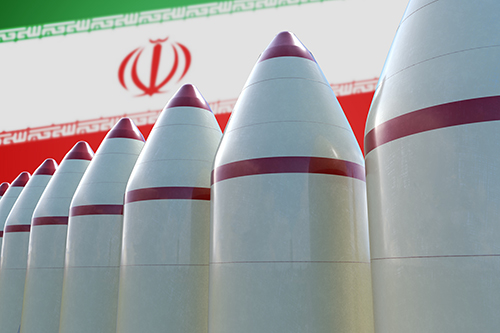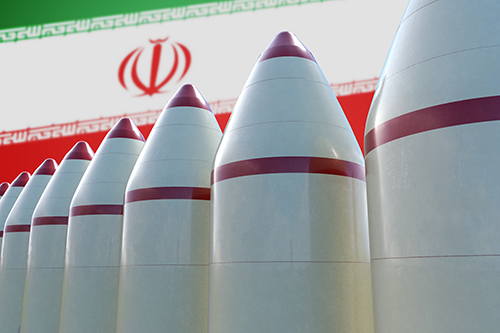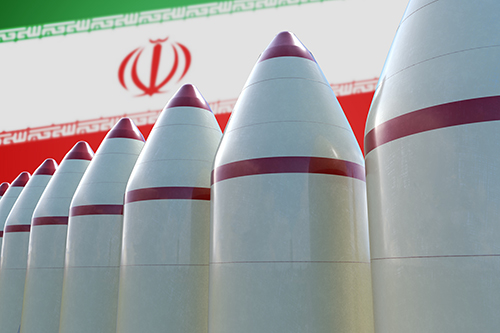Did the Atomic Bomb Save Lives?
 Seventy years ago, World War II ended and one reason was the use of the Atom Bomb on Hiroshima and Nagasaki. As time fades and those who were more directly affected by this decision are dying out, the debate continues without the view point of those involved.
Seventy years ago, World War II ended and one reason was the use of the Atom Bomb on Hiroshima and Nagasaki. As time fades and those who were more directly affected by this decision are dying out, the debate continues without the view point of those involved.
Ask most World War II veterans, and they will tell you that Truman's use of the bomb saved their lives. My own father was one of those who would have been involved in the invasion of the Japanese homeland and for many policy decision makers at that time, would the Japanese eventually surrender before an invasion or would millions perish in the process?
From our modern day perceptive, we view the data differently as many would view this as another example of American evilness, and there is a new perspective view point developing that the bomb was not needed and was more of a message to the Russians. What is missing for many modern students or historians is context and an understanding of the Japanese in World War II. For the Japanese, in particular near the end of the war, surrender was not an option.
In the battle of Okinawa, Americans lost 14,000 while the Japanese lost 100,000 and this was a fight to the death. Japanese were mobilizing their citizens for the great battle for their homeland, and what would have been the massive invasion in history could have resulted in millions of deaths on both sides.
The Japanese were being carpet bombed and one bombing mission over Tokyo resulted in the death of 100,000 plus and the city literally left burning; so if the bomb was not used, the Japanese would not have been spared massive civilian casualties from the air and millions more may have simply starved to death.
So what were the options if the Japanese chose not the surrender and how close were the Japanese to actually surrendering? The evidence would have shown not very close, even though there were backdoor negotiations since many within the military were preparing for a defense to the death.
On the day that the Emperor announced the end, August 14th, there was a serious attempt to stop the broadcast from happening, so even after the second bomb, there were those ready to continue the fight. (It should have been pointed out that the Americans had only one more bomb in their stock to use so if a third bomb was used, the United States would have returned to conventional bombing. As mentioned, the conventional bombing campaign was deadly effective in killing Japanese in numbers similar to what the bomb actually killed in each individual bombing of Nagasaki and Hiroshima.)
The Atom Bomb was a horrifying weapon to unleash, but what would have been worse was an invasion that would have resulted in the death of millions. The bomb killed 150,000 in both Nagasaki and Hiroshima, but it could easily be argued that the death of those 150,000 saved millions more. For Harry Truman, who understood war since he saw it first hand in World War I, this was an easy decision. There is no doubt that American planners had no real understanding of the weapons of nature other than it could kill thousands instantly. Once the horror of the bomb was seen, it set in motion a different view of war. During the Cold War, both Soviet and American military planners understood clearly what would happen if both unleashed their weapons on each other. The American monopoly of the bomb allowed the United States to ensure the security of Western Europe between 1945 and 1949 from the Soviet Empire but after 1949, both sides had the bomb and the doctrine of Mutual Assured Destruction evolved. The Atom Bomb saved millions. That was enough to say that Harry Truman was right to use the bomb.



